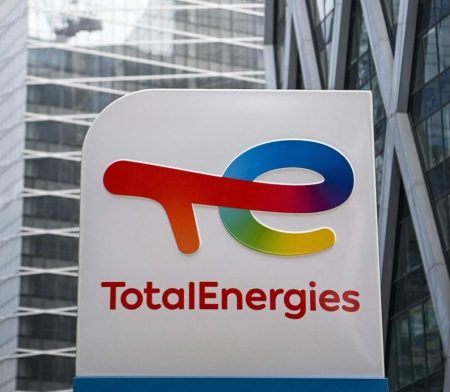 Moscow — Russia’s monthly budget deficit could reach 3.5 trillion roubles ($55.38 billion) in December for the government to see an annual deficit at 2% of GDP as promised, after a Gazprom-fuelled jump pushed the surplus so far this year to around $9 billion.
Moscow — Russia’s monthly budget deficit could reach 3.5 trillion roubles ($55.38 billion) in December for the government to see an annual deficit at 2% of GDP as promised, after a Gazprom-fuelled jump pushed the surplus so far this year to around $9 billion.
Russia ran a budget surplus of 557 billion roubles ($8.81 billion) from January to November, the finance ministry said on Monday, a more than fourfold jump from October.
Energy giant Gazprom provided almost 39% of revenues with 1 trillion roubles in first-half dividends and mineral extraction tax (MET), without which the hole in treasury funds could have hit 600 billion roubles, analysts said.
The finance ministry will have to spend about 5-5.5 trillion roubles this month, more than twice as much as in November, to meet its 2% of GDP plan. Russia’s budget spending typically increases towards the end of the year.
“This means that in December, the deficit could amount to 3.5 trillion,” said Evgeny Suvorov, an economist at CentroCreditBank.
Russia has the capacity to make that happen. The government has been borrowing heavily to finance its military campaign in Ukraine and will issue more floating-rate OFZ treasury bonds, popular among investors, on Wednesday.
The ministry has also tapped its rainy day fund for cash to cover the deficit to the tune of 560 billion roubles.
The Bank of Russia, which is expected to hold its key interest rate at 7.5% on Friday, has repeatedly warned that an increase in the deficit may demand tighter monetary policy, which could squeeze economic growth next year, when another 2% deficit is envisaged.
“In our view, with increased uncertainty, the result could even exceed this level, due to sanctions pressure that may negatively influence revenue collection, and/or the potential strengthening of fiscal stimulus in the economy during a recession,” Raifeissen Bank analysts said on Tuesday.
Before launching what it calls a “special military operation” in Ukraine on Feb. 24, Russia had planned for a 2022 surplus of 1.33 trillion roubles, or 1% of GDP.
Reporting by Darya Korsunskaya; Writing by Alexander Marrow; editing by David Evans – Reuters
Follow us on twitter



